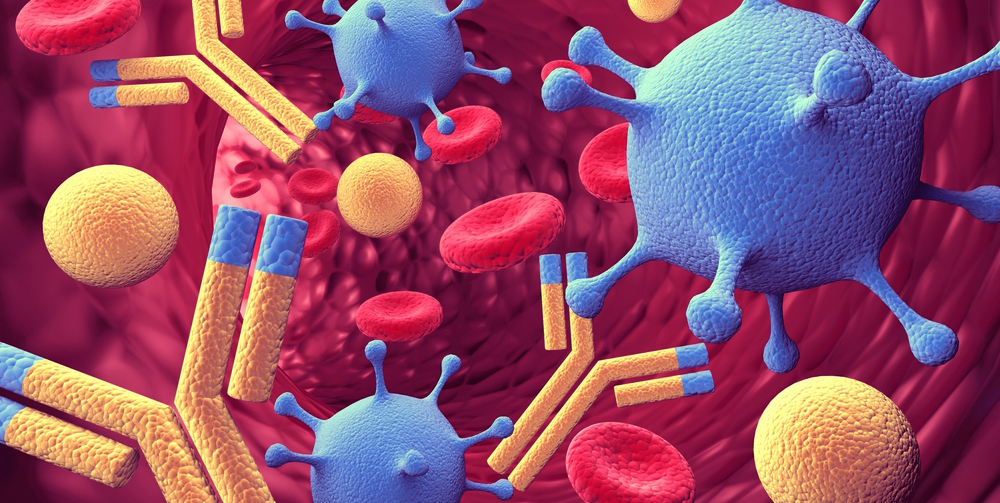Autoimmunity and Leaky Gut Explained

| They say that any system is only as strong as its weakest link. It turns out, our digestive and immune systems are only as strong as their weakest leak. Imagine your gut as the body’s security guard. The tight junctions between the cells of your intestines decide who gets in and who doesn’t. But what happens when the gut becomes too permissive and allows unwanted guests through? That’s where “leaky gut” comes into play. Leaky gut, or intestinal permeability, is a condition where the lining of the intestines becomes more porous than it should be. Instead of acting like a strict bouncer to the coolest club in town, the tissue starts allowing substances that shouldn’t enter your bloodstream. This includes undigested food particles, bacteria, and toxins. When the gut barrier is compromised and unwanted intruders enter the bloodstream, your immune system, which usually only targets harmful invaders, can get confused and launch a response against your body’s own tissues instead. It’s like friendly fire within your body! According to the NIH (National Institutes of Health) around 23.5 million (7%) Americans suffer from an autoimmune condition. And 75% of those affected are women. Hashimoto’s thyroid disease, ulcerative colitis, rheumatoid arthritis, psoriasis, vitiligo and multiple sclerosis are some of the more than 80 known autoimmune diseases commonly seen at Carolina Total Wellness. Three Steps to Preventing or Reversing Autoimmune Disease: Not every autoimmune disease is curable or reversible but there are some proven steps you can take to reduce the effects on your health. 1. Manage Your Stress Stress isn’t just in your mind; it affects your gut, too. When we are facing a perceived physical or emotional threat, our bodies are wired to respond by directing resources to your vital organs and away from your digestive and reproductive functions. When you don’t have sufficient digestive enzymes and gastric acid to break foods down, they may be more irritating to your gut lining and/or penetrate the lining as larger particles than your blood stream knows how to handle. It’s not always possible to avoid stress but you can practice strategies to help you minimize the effects. Get 8 consistent hours of sleep each night. Practice saying ‘no’ – it is a full sentence. Go outside and take a walk – without devices. Laugh with a good friend. 2. Eat Gut-Healing Foods Eating a balanced diet is crucial for maintaining gut health. A diet rich in fiber, fruits, and vegetables promotes a diverse gut microbiome and a healthier gut lining. Use the rainbow as a template to guide your shopping list and eat foodsof every color several times per week. Probiotics, found in foods like yogurt, sauerkraut and kimchi help eliminate toxins and aid the digestion of nutrients from the foods you eat. Eat fermented foods several times each week to strengthen the lining of your digestive tract. Bone broth has proteins and gelatin to soothe the inner lining of the gut. Sip on some bone broth instead of coffee in the morning if you’re trying to kick the caffeine habit. 3. Fasting Fridays Once a week, skip breakfast (and the coffee/creamer.) An occasional, extended break from the hard work of digestion, also known as intermittent fasting, lets your gut clean out old debris and calms the immune system. You may discover improved mental clarity and energy, too. In fact, you may like it so much that you decide to skip breakfast two or three days a week. Healing the Gut. If you suspect you have a leaky gut or an autoimmune disease, consult afunctional medicine practitioner. They can recommend personalized approaches like dietary changes, supplementation, and lifestyle modifications to heal your gut and reduce inflammation. Autoimmunity and leaky gut are two puzzle pieces that fit together more than we once thought. Maintaining a healthy gut through a balanced diet, managing stress, and seeking professional guidance when needed can be your key to preventing or managing autoimmune diseases. Remember, the journey to optimal health is unique for everyone. Keep exploring, learning, and making choices that support your well-being. Your Partner In Health, Erica Nelson, MSPH, NBC-HWC |
 |







